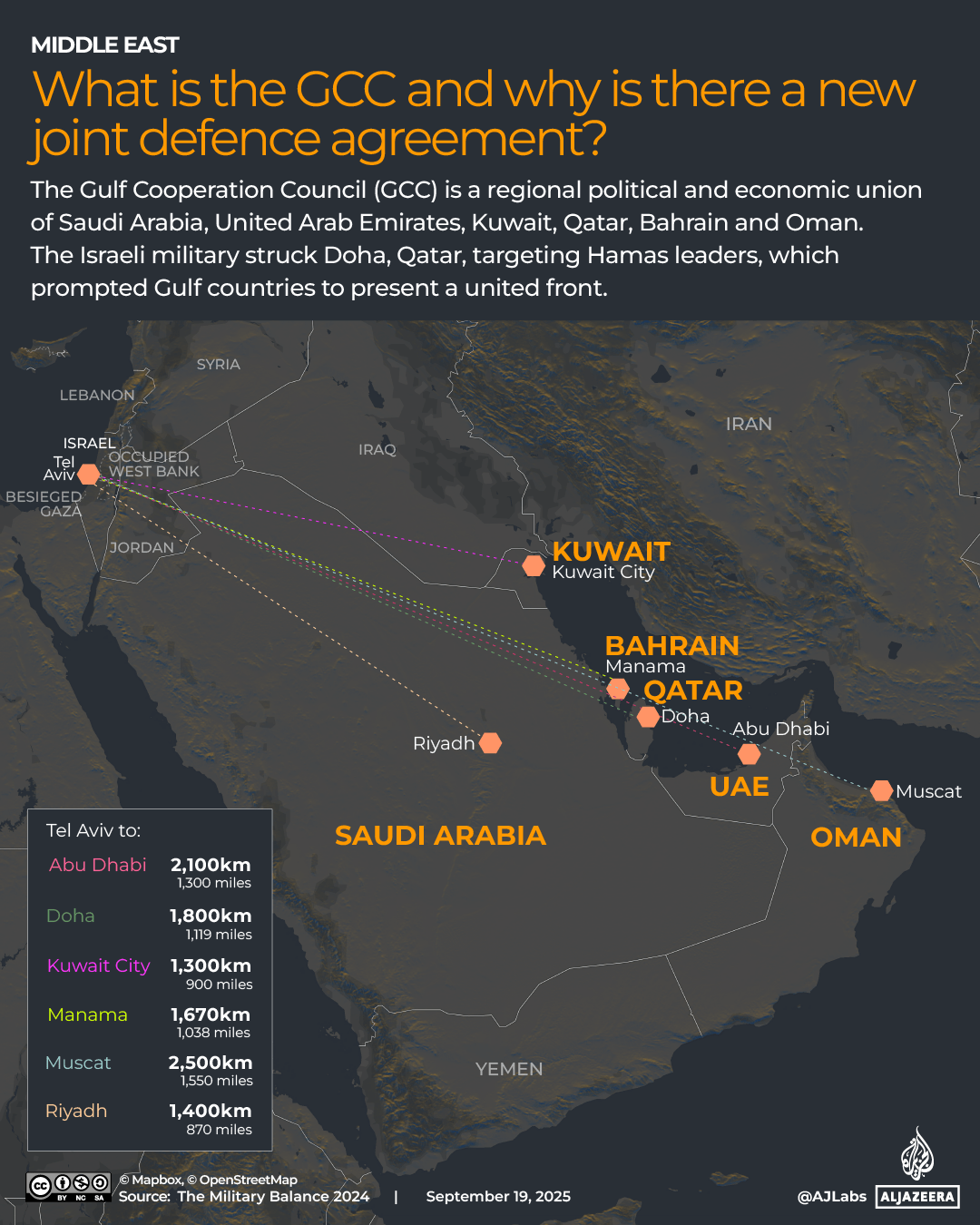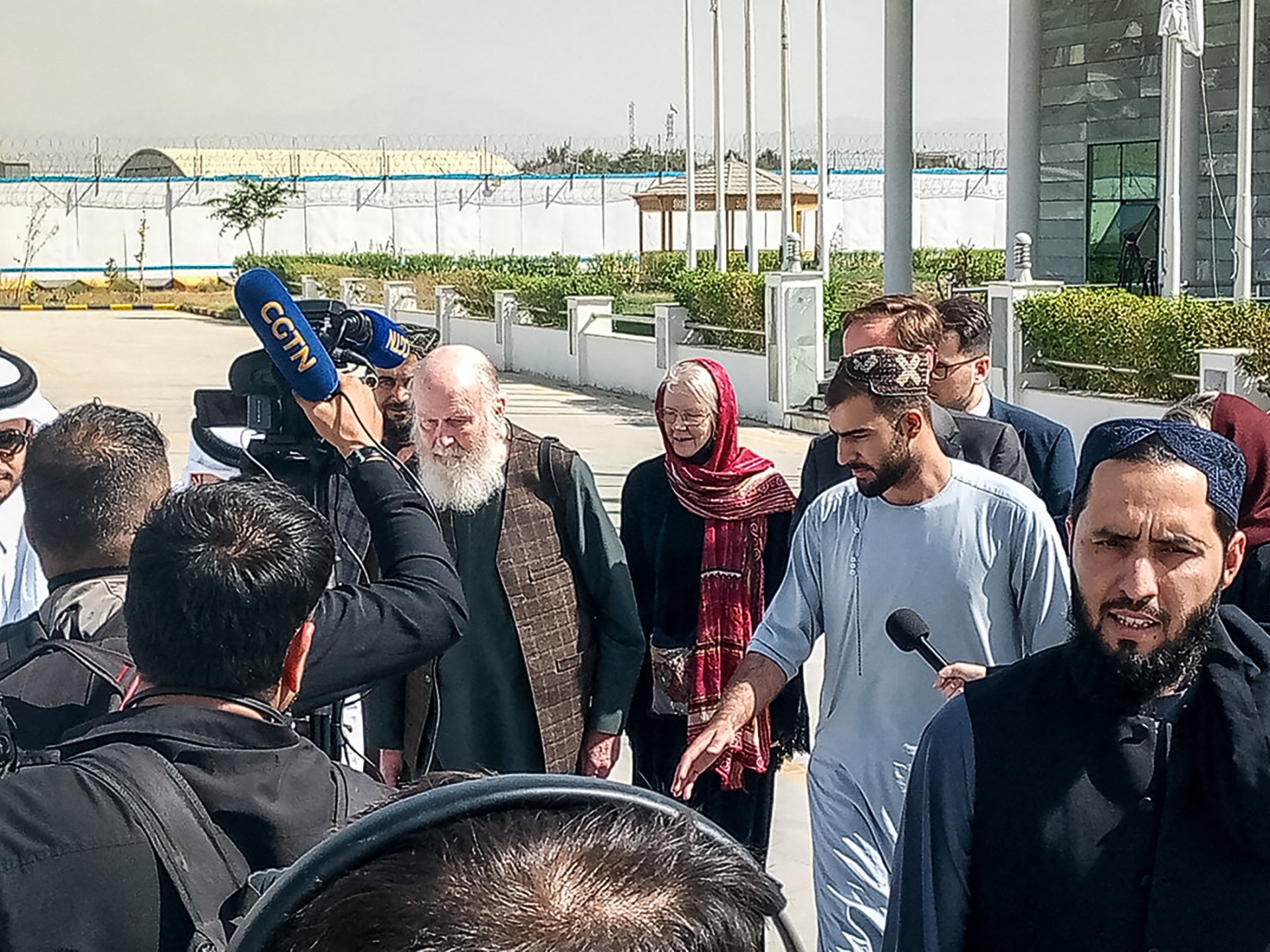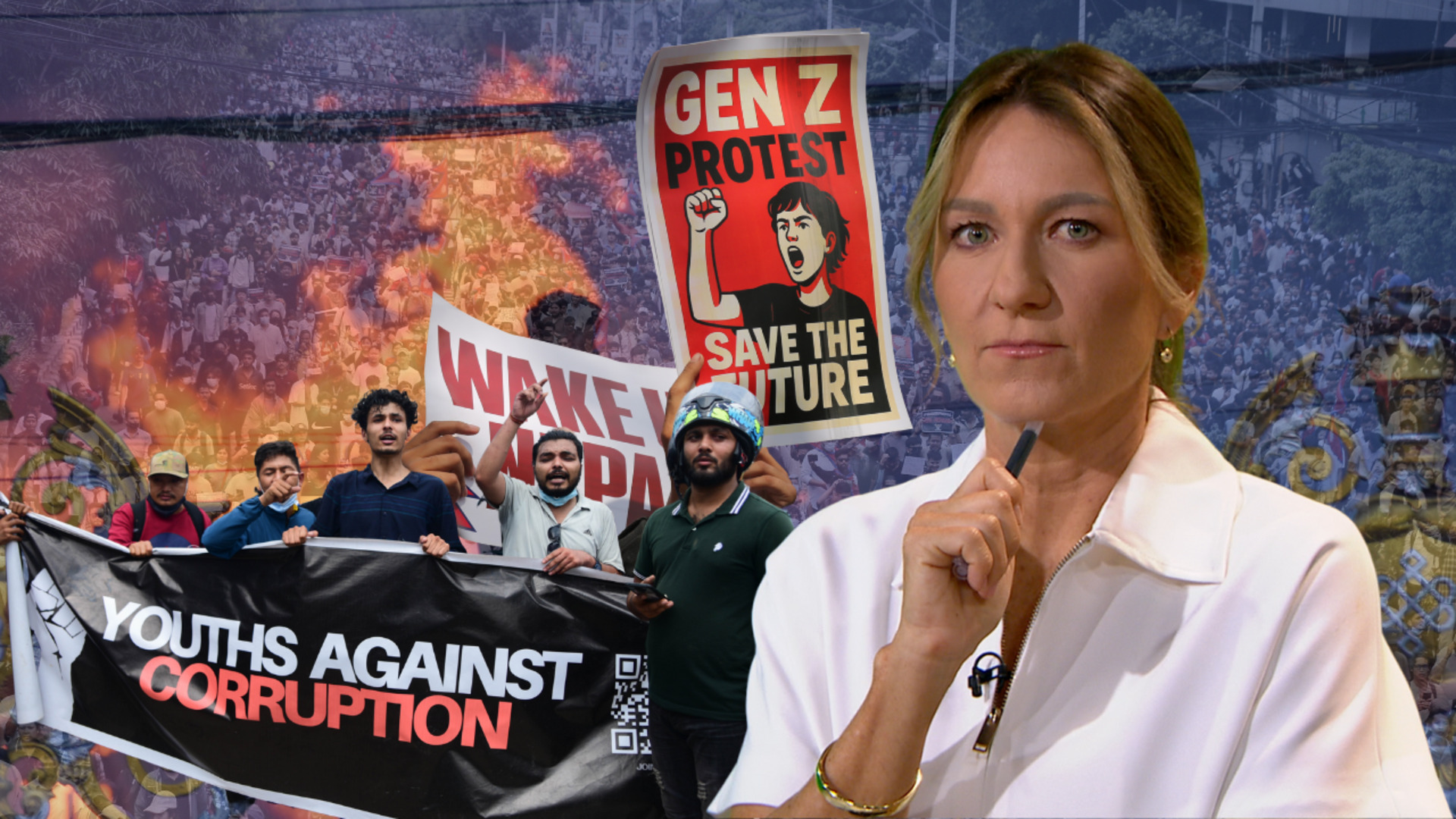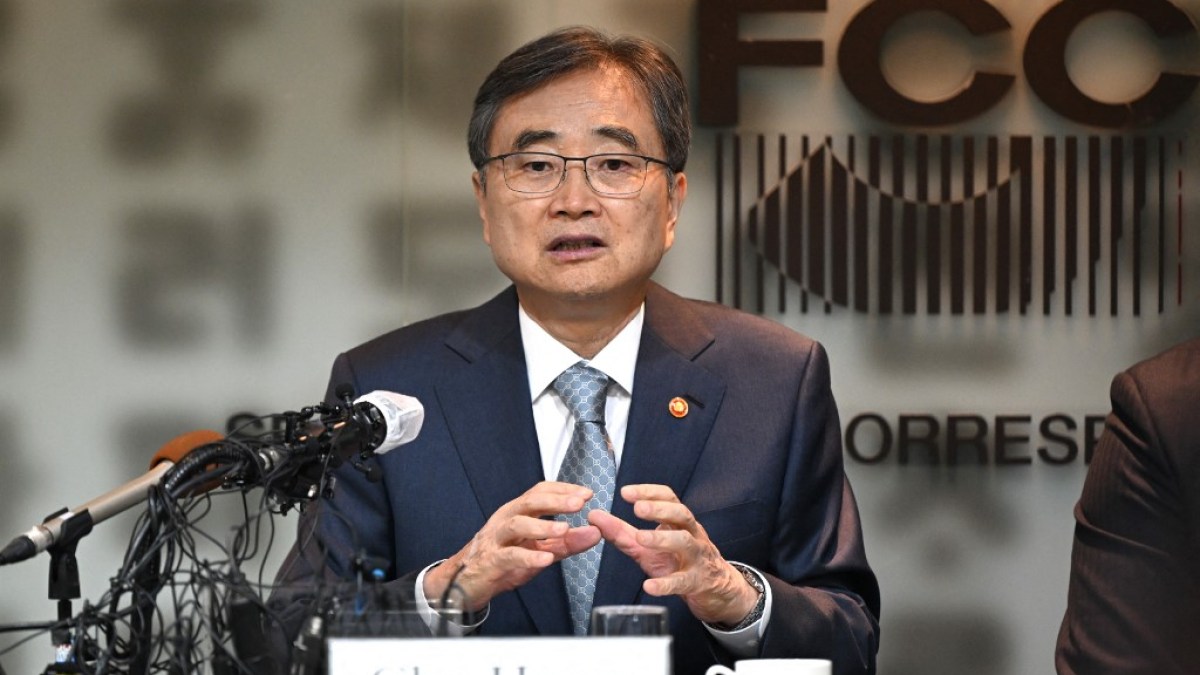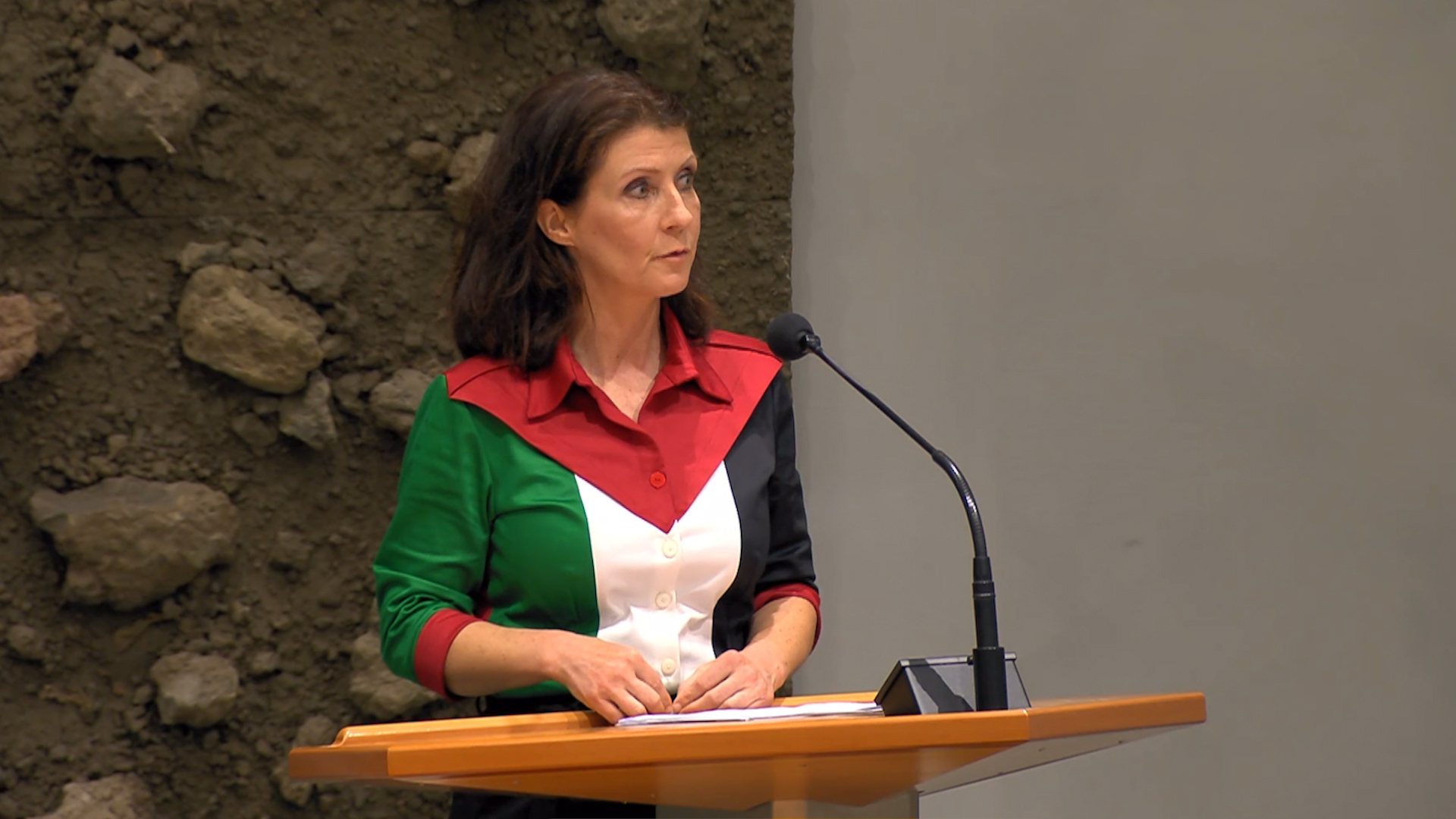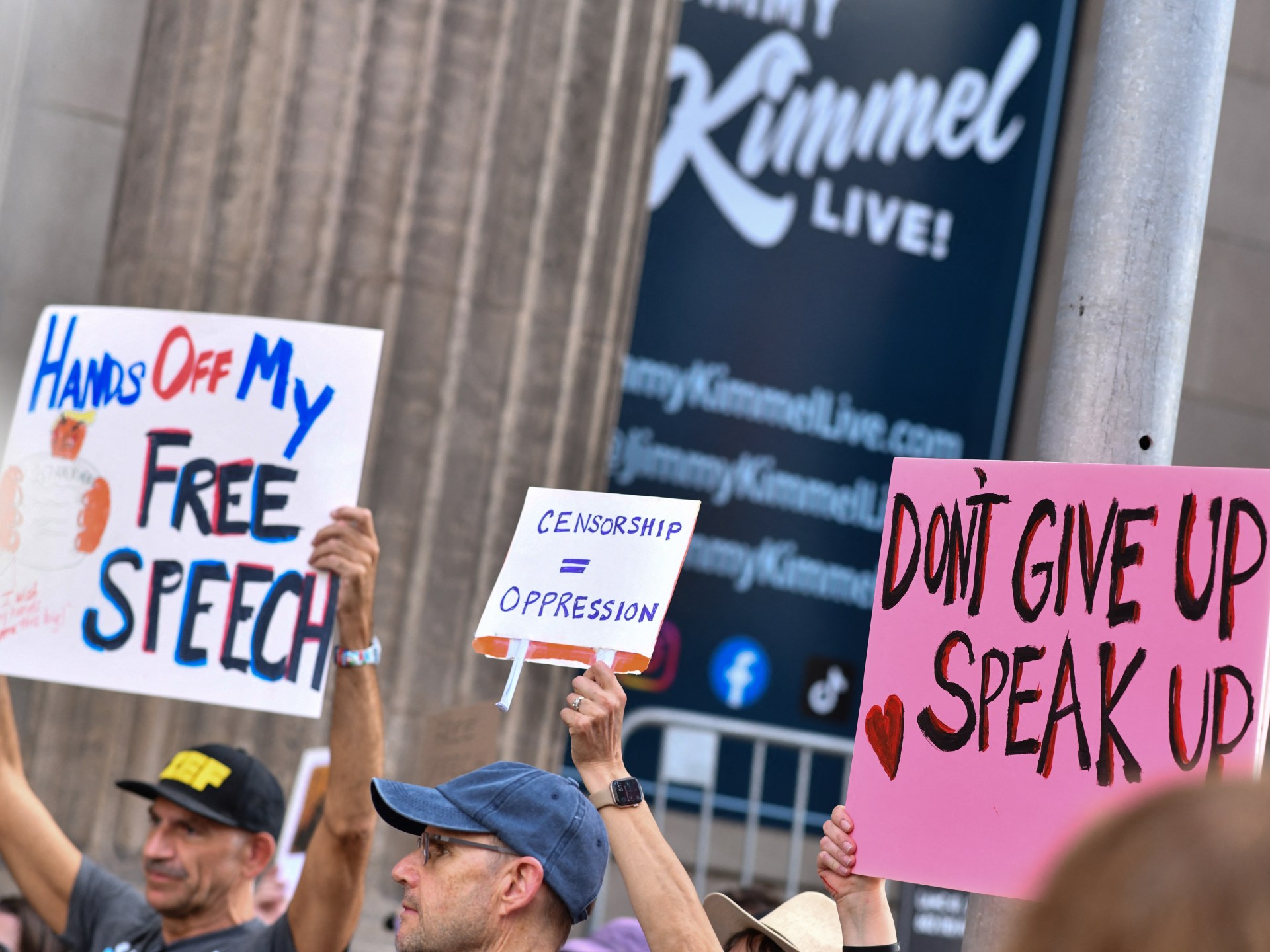The Gulf Cooperation Council’s (GCC) Joint Defence Council held an emergency session in Doha, Qatar, on Thursday, to discuss urgent regional security measures in response to the recent Israeli strike on a Hamas office in Qatar’s capital, which killed six people.
GCC Secretary-General Jasem Mohamed AlBudaiwi said the attack on the State of Qatar can be considered an attack on all GCC countries.
Recommended Stories
list of 3 itemsend of list
AlBudaiwi said member states would activate joint defence mechanisms, enhance intelligence sharing, coordinate aerial positions, activate an early-warning system against ballistic missiles and carry out joint training exercises, including a regional air force drill.
Qatar is the seventh country Israel has bombed since the start of this year.
Which countries make up the GCC, and what do they spend on their militaries?
The Gulf Cooperation Council (GCC) is a political and economic bloc which was formed in 1981. It brings together six Arab states on the Arabian Peninsula:
- Bahrain
- Kuwait
- Oman
- Qatar
- Saudi Arabia
- United Arab Emirates (UAE)
The GCC was established to promote cooperation on security, economics and politics, and it often coordinates positions on regional and international issues.
In 2023, GCC countries collectively spent $114.5bn on their militaries. Saudi Arabia accounted for the largest share, budgeting for at least $69bn and ranking as the world’s seventh-largest military spender, followed by the United Arab Emirates (UAE) at $20.7bn, Qatar at $9.02bn, Kuwait at $7.77bn, Oman at $6.5bn and Bahrain at $1.4bn, according to the International Institute for Strategic Studies, Military Balance 2024.

Where are the US military bases in the Middle East?
The US has operated military bases in the Middle East for decades.
According to the Council on Foreign Relations, the US operates a broad network of military sites, both permanent and temporary, across at least 19 locations in the region.
Of these, eight are permanent bases in five of the six GCC countries – Bahrain, Kuwait, Qatar, Saudi Arabia and the United Arab Emirates – as well as in Egypt, Iraq and Jordan.

The strategic partnership between Qatar and the US
Al Udeid Air Base was established in Qatar in 1996 and is the largest US military base in the Middle East. Covering an area of 24 hectares (60 acres), the base accommodates almost 100 aircraft as well as drones. This base, which houses some 10,000 troops, serves as the forward headquarters for US Central Command (CENTCOM) and has been central to operations in Iraq, Syria and Afghanistan.
Following Israel’s attacks on Doha, US Secretary of State Marco Rubio visited Qatar, arriving the day after he attended meetings in Israel.
During his visit, Qatar’s Foreign Ministry spokesman, Majed al-Ansari, emphasised the country’s strategic relationship with the United States, particularly on defence matters. He added: “We are determined to defend our sovereignty and take measures to prevent any recurrence of such an attack.”

Saudi-Pakistan defence pact
On Wednesday evening, Saudi Arabia signed a “strategic mutual defence agreement” (SMDA) with nuclear-armed Pakistan.
The agreement states that any aggression against either country shall be considered an act of aggression against both.
The pact came just days after nearly 60 member states of the Arab League and the Organisation of Islamic Cooperation (OIC) gathered in Doha in a show of regional solidarity with Qatar in the wake of the recent attack.

Which air defence systems do Gulf states rely on?
The six Gulf states have built layered air defence networks combining US, European, Russian and Chinese systems.
Their arsenals range from long-range interceptors to point-defence missiles and anti-aircraft guns.
Long-range systems cover threats beyond 100 km (62 miles), medium-range protect targets 30–100 km (19–62 miles) away and short-range systems defend assets within 1–30 km (0.6–19 miles).

Saudi Arabia possesses the Gulf’s largest air defence network, anchored by US-made THAAD systems and long-range Patriot PAC-3 batteries.
Its layered arsenal also includes medium-range US-made I-Hawk missiles, short-range French Crotale, Shahine and MICA systems, as well as a large number of American and French point-defence launchers such as Stinger, Avenger, Mistral and MPCV. Complementing these are extensive anti-aircraft guns from several countries, including the US-made Vulcan, Swiss/German Oerlikon, and Swedish Bofors L/70 models.
Saudi Arabia is the only GCC country to deploy the Chinese-made Silent Hunter laser system, which tracks and neutralises low-flying drones and other small aerial threats by emitting a high-energy beam that can disable or destroy them.

The United Arab Emirates (UAE) operates US-made THAAD and long-range Patriot systems, alongside a version of the Israeli-made Barak air defence system.
For medium-range threats, the UAE relies on the South Korean-made Cheongung II.
Its short-range defences include French Crotale and Mistral, Russian Igla and Pantsir-S1, Swedish RBS-70 and British Rapier systems, all supported by a variety of European anti-aircraft guns.
Saudi Arabia and the UAE are the only two GCC countries which operate the THAAD (Terminal High Altitude Area Defence) system, giving them advanced missile interception capabilities against ballistic threats.

Qatar has invested in US-made Patriot systems and NASAMS III for long- and medium-range air defence, while its short-range defences feature a mix of Russian Igla, US Stinger, Chinese FN-6 and French Mistral systems, supported by German Gepard and Skynex anti-aircraft guns.
Kuwait fields US-made Patriot PAC-3 batteries for long-range defence, Italian Aspide launchers paired with Skyguard systems for short-range defence and Stinger, Starburst and FIM-92 missiles for point defence, complemented by German Oerlikon GDF anti-aircraft guns.
Bahrain has recently acquired the Patriot PAC-3 MSE system, joining Saudi Arabia, the UAE, Qatar and Kuwait as the GCC countries with advanced long-range, surface-to-air missile capabilities.
For medium- to short-range threats, it relies on US I-Hawk and French Crotale systems, supported by Russian Igla, US Stinger and Swedish RBS-70 point-defence missiles, as well as Oerlikon anti-aircraft guns.
